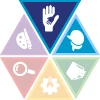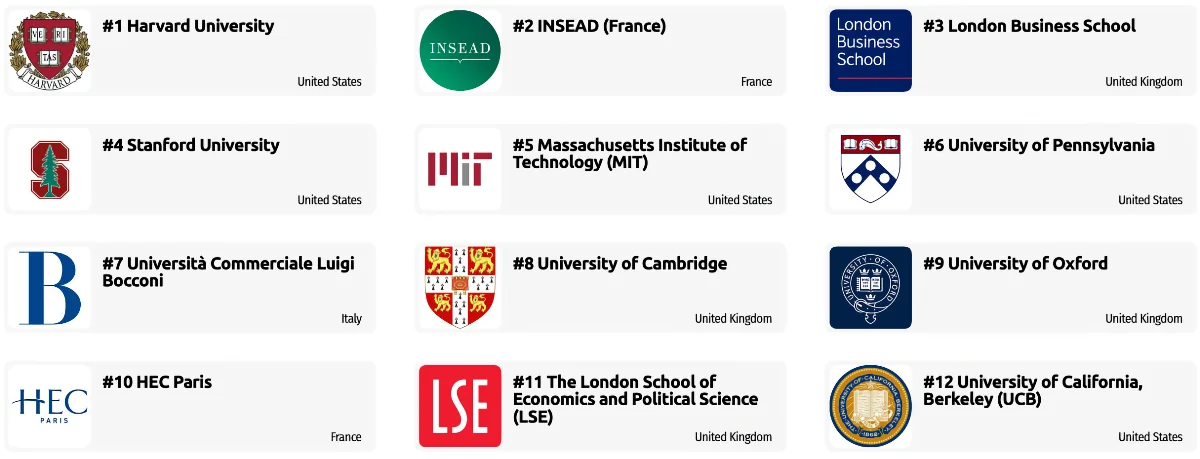Analyst

Analysts will often perform the following tasks:
- Identifying the underlying principles, reasons, or facts of information by breaking down information or data into separate parts.
- Using relevant information and individual judgment to determine whether events or processes comply with laws, regulations, or standards.
- Assessing the value, importance, or quality of things or people.
- Compiling, coding, categorizing, calculating, tabulating, auditing, or verifying information or data.
Mentor

Any mentor is expected to perform well at:
- Identifying the developmental needs of others and coaching, mentoring, or otherwise helping others to improve their knowledge or skills.
- Providing guidance and direction to subordinates, including setting performance standards and monitoring performance.
- Convincing others to accept and idea or to otherwise change their minds or actions in accordance to the companies objectives.
- Identifying the educational needs of others, developing formal educational or training programs or classes, and teaching or instructing others.
Other work activities related to Business teachers, postsecondary
- Developing and maintaining course Web sites.
- Evaluating and grading students’ class working, assignments, and papers.
- Compiling, administering, and grading examinations, or assigning this working to others.
- Preparing course materials, such as syllabi, homework assignments, and handouts.
- Maintaining student attendance records, grades, and other required records.
- Initiating, facilitating, and moderating classroom discussions.
- Planning, evaluating, and revising curricula, course content, and course materials and methods of instruction.
- Maintaining regularly scheduled office hours to advising and assisting students.
- Keeping abreast of developments in the field by reading current literature, talking with colleagues, and participating in professional organizations and conferences.
- Advising students on academic and vocational curricula and career issues.
- Selecting and obtaining materials and supplies, such as textbooks.
- Collaborating with colleagues for addressing teaching and researching issues.







